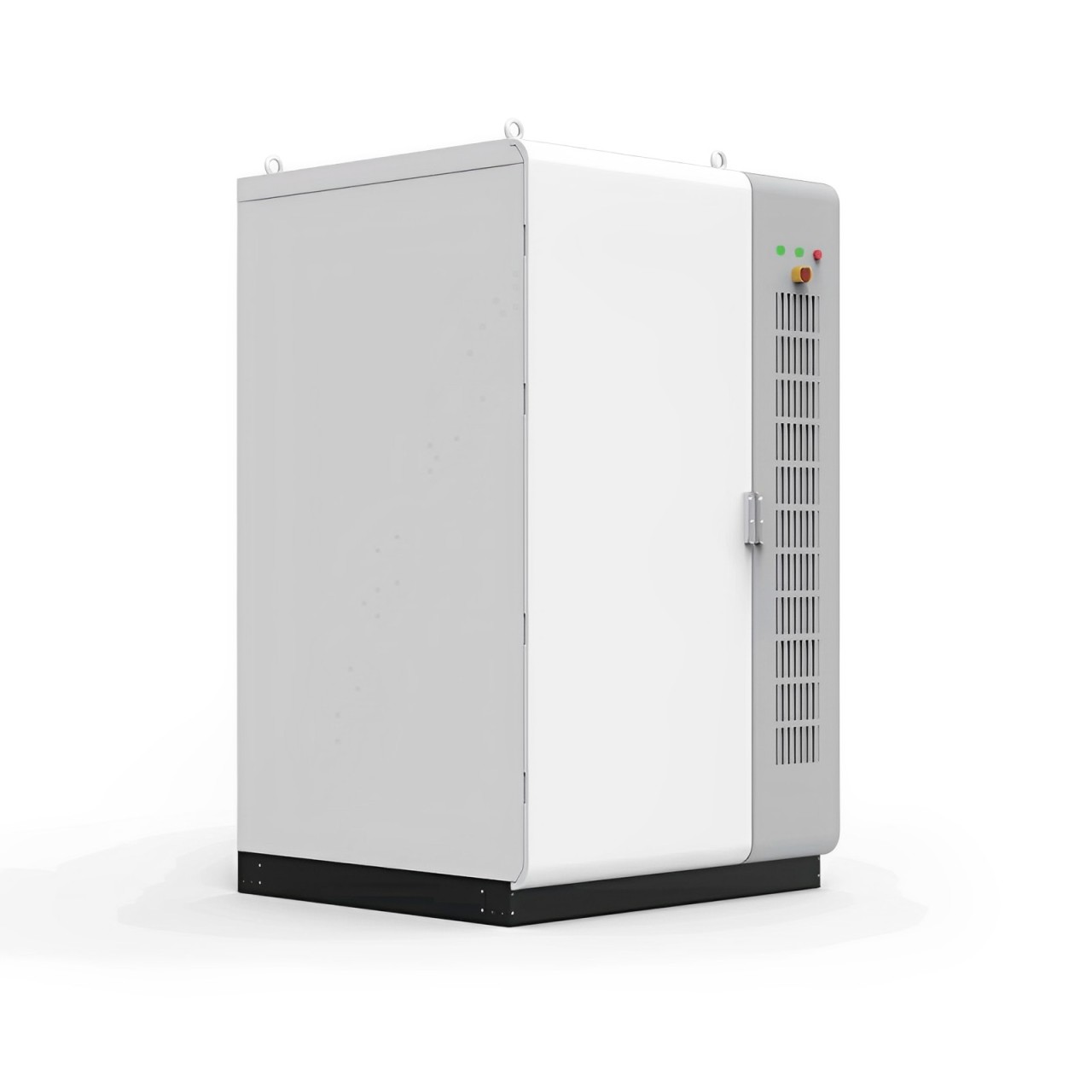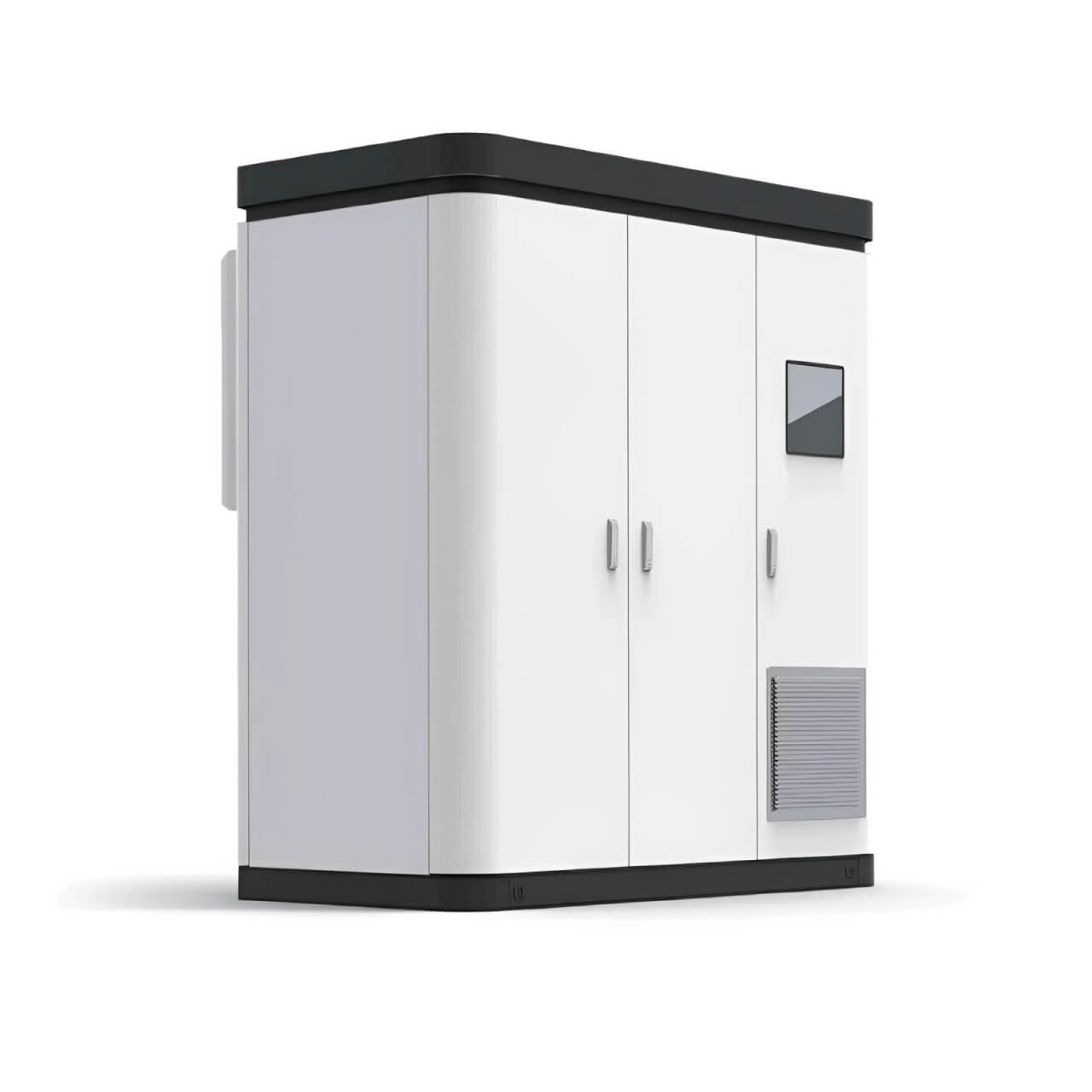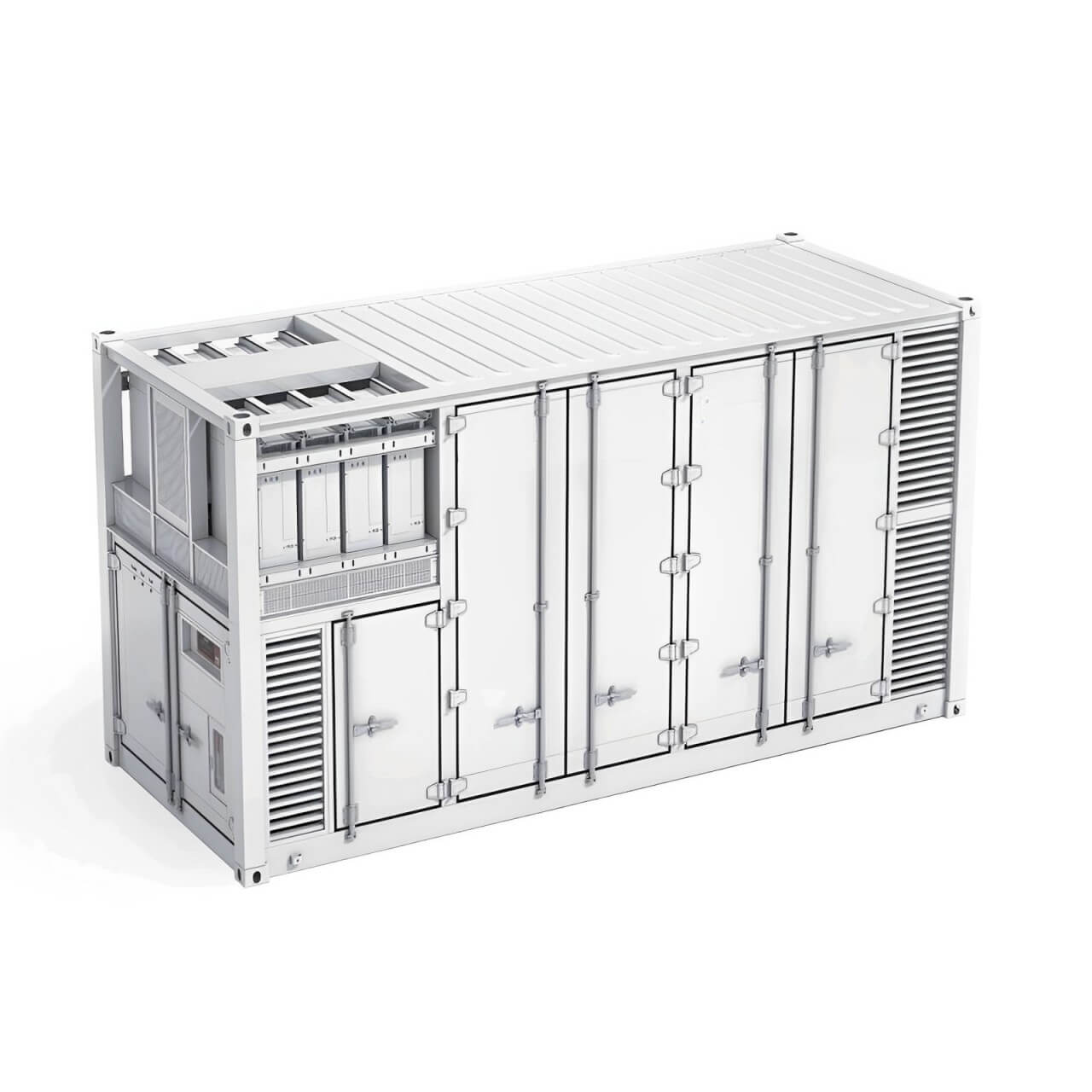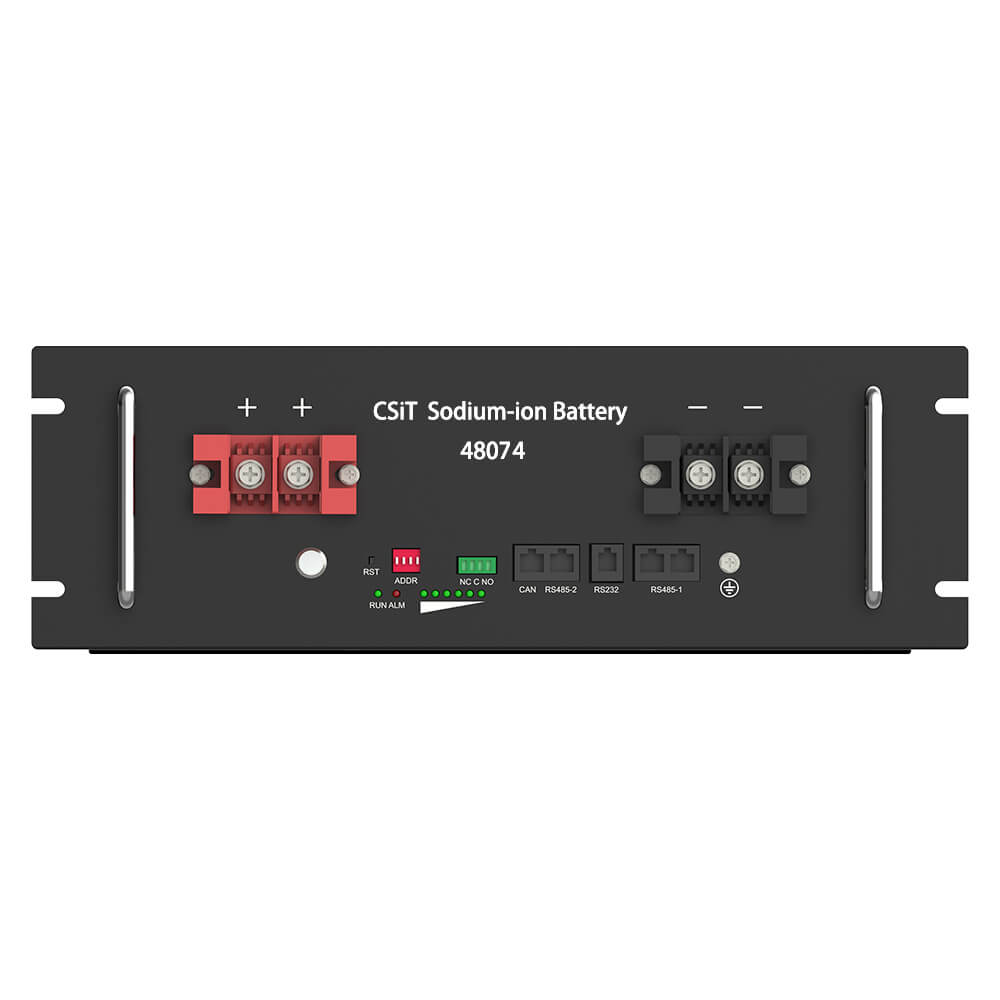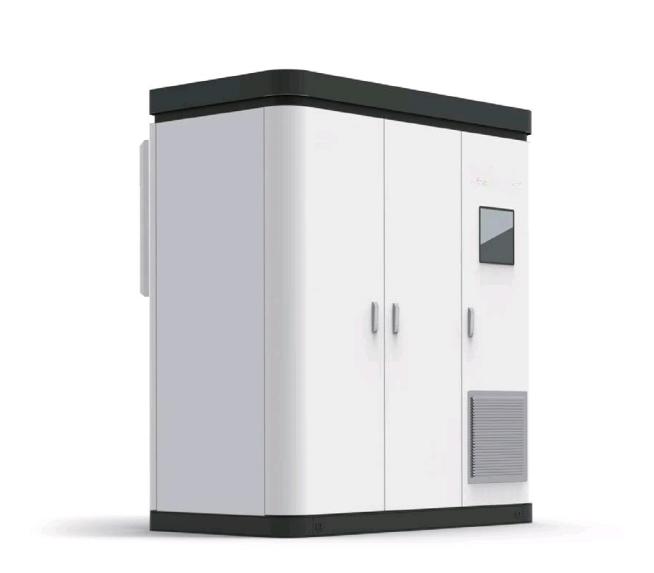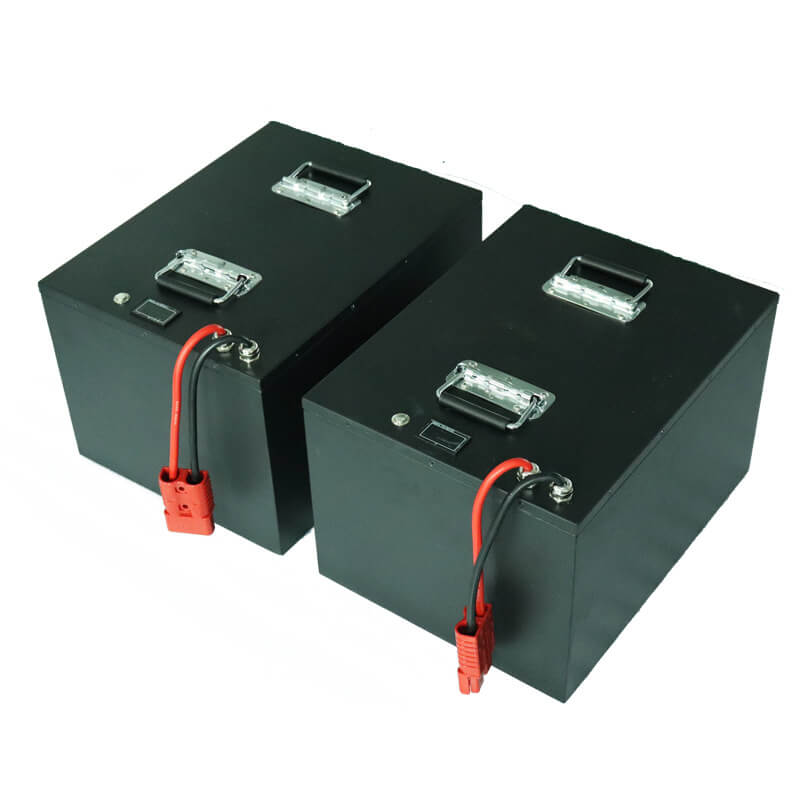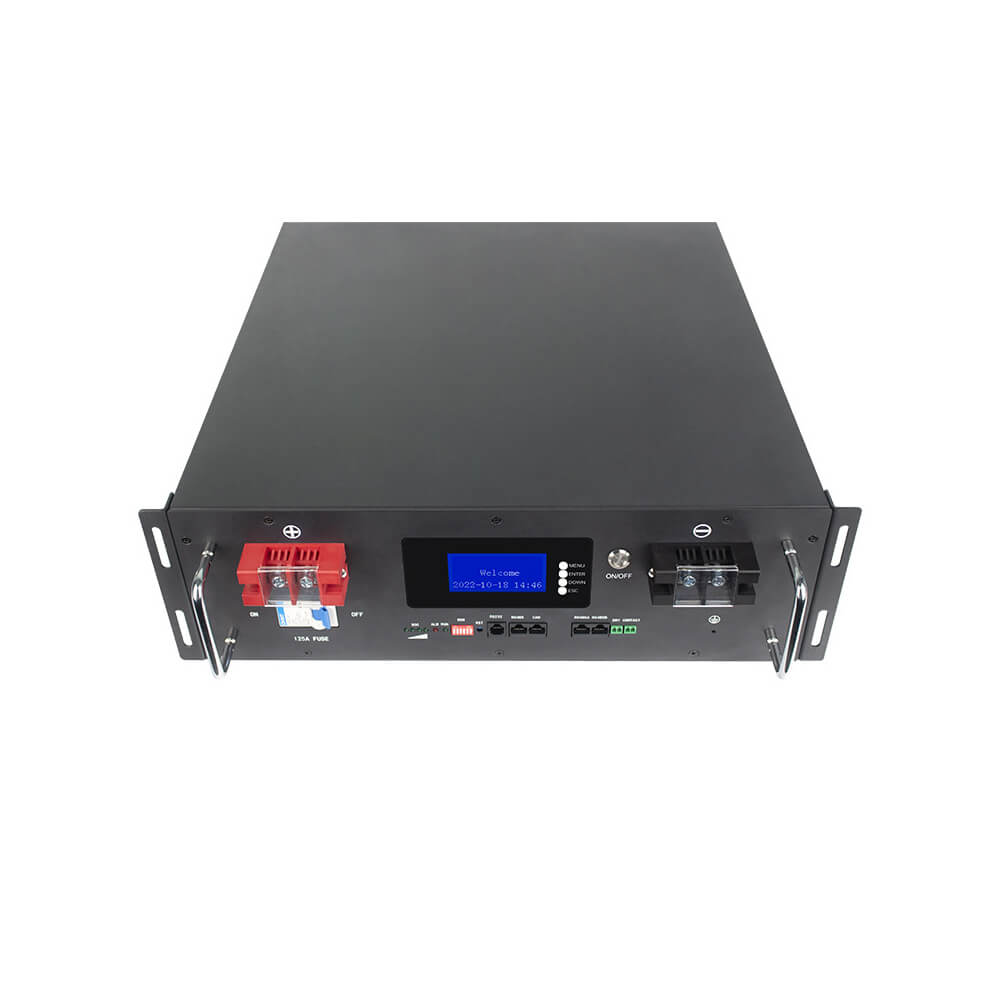Troubleshooting Common Issues with Lithium Batteries
With the rapid development of science and technology,the scope of application and function of lithium batteries has long been self-evident,but in daily life,lithium battery accidents are always endless,from time to time to bother us.In view of this,CSIT lithium battery manufacturer has specially compiled the analysis of the causes and solutions of the common problems of lithium batteries,hoping to provide you with convenience.Below is a simple chart,you can quickly check your lithium battery failure problems.
The voltage is inconsistent and the individual is low
1.High self-discharge causes low voltage
The self-discharge of the battery cell is large,so that its voltage decreases faster than others,and the low voltage can be eliminated by storing and detecting the voltage.
2.Uneven charge causes low voltage
When the battery is charged after detection,the battery is unevenly charged due to inconsistent contact resistance or the current of charge in the detection cabinet.In short-term storage(12 hours),the measured voltage difference is very small,but the voltage difference is large during long-term storage.There is no quality problem with this low voltage,which can be solved by charging.Store the voltage for more than 24 hours after being charged in production to measure the voltage.
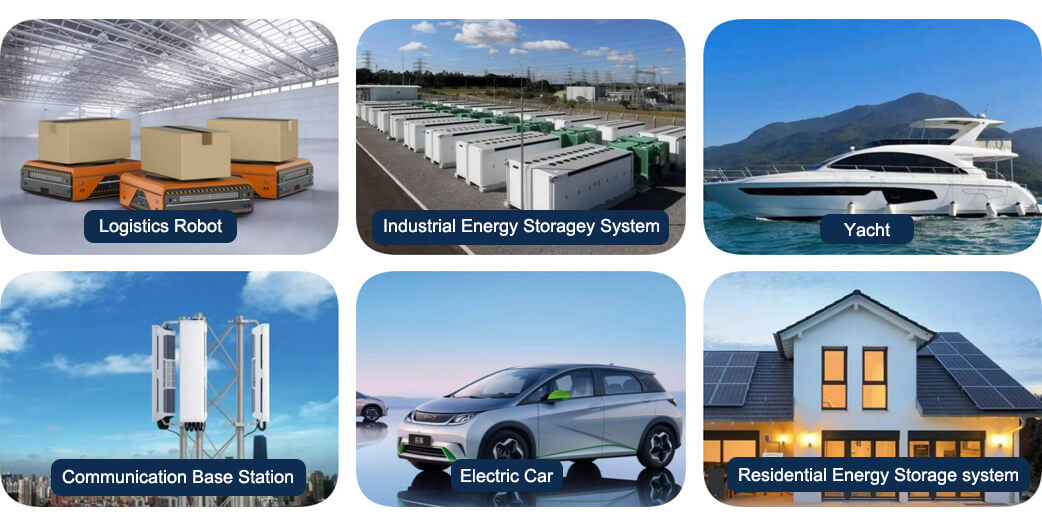
Internal resistance is too large
1.Caused by differences in testing equipment
If the detection accuracy is not enough or the contact resistance cannot be eliminated,the internal resistance of the display will be too large.The principle of AC bridge method should be used to test the internal resistance instrument for detection.
2.Storage time is too long
Lithium batteries are stored for too long,resulting in excessive capacity loss,internal passivation,and large internal resistance,which can be solved by charging and discharging activation.
3.Abnormal heating causes large internal resistance
During the processing of the battery cell(spot welding,ultrasonic waves,etc.),the battery is abnormally heated,causing the diaphragm to thermally close,and the internal resistance is seriously increased.
Lithium Battery Swell
1.Lithium battery expands when charging
When the lithium battery is charged,the lithium battery will naturally expand,but generally not more than 0.1mm,but overcharging will cause the electrolyte to decompose,the internal pressure will increase,and the lithium battery will expand.
2.Expansion during processing
Generally,abnormal processing(such as short circuit,overheating,etc.)causes the internal heating to be too large,the electrolyte decomposes,and the lithium battery expands.
3.Expansion during circulation
When the battery is circulating,the thickness will increase with the increase of the number of cycles,but it will basically not increase after more than 50 weeks.Generally,the normal increase is 0.3~0.6mm,and the aluminum shell is more serious.This phenomenon is caused by normal battery reactions.However,if the thickness of the shell is increased or the internal material is reduced,the expansion phenomenon can be appropriately reduced.
Battery Power-down after Spot Welding
The voltage of the aluminum shell battery is lower than 3.7V after spot welding,generally because the spot welding current is too large to cause the internal diaphragm of the battery to breakdown and short circuit,causing the voltage to drop too quickly.
Generally,the spot welding position is incorrect.The correct spot welding position should be at the bottom or on the side marked“A”or“—”.Spot welding is not possible on unmarked sides and large surfaces.In addition,some spot-welded nickel strips have poor weld-ability,so a large current must be used for spot welding,which makes the internal high-temperature resistant tape unable to work,causing a short circuit inside the battery cell.
The battery power-down after spot welding is also partly due to the large self-discharge of the battery itself.
Battery explosion
There are generally the following situations in which a battery explosion occurs:
1.Overcharge explosion
The protection line is out of control or the detection cabinet is out of control,causing the charging voltage to be greater than 5V,causing the electrolyte to decompose,a violent reaction occurs inside the battery,the internal voltage of the battery rises rapidly,and the battery explodes.
2.Over-current explosion
The protection circuit is out of control or the detection cabinet is out of control,causing the charging current to be too large,causing the lithium ions to be too late to be embedded,and the lithium metal is formed on the surface of the electrode sheet,penetrating the diaphragm,and the positive and negative electrodes are directly shorted,causing an explosion(rarely occurs).
3.Explosion when ultrasonic welding plastic shell
When ultrasonic welding the plastic shell,the ultrasonic energy is transferred to the battery cell due to equipment reasons.The ultrasonic energy is very large.The internal diaphragm of the battery melts,and the positive and negative electrodes are directly shorted,resulting in an explosion.
4.Explosion during spot welding
During spot welding,the current is too large,causing a serious internal short circuit to explode.In addition,the positive electrode connecting piece is directly connected to the negative electrode during spot welding,causing the positive and negative electrodes to explode after a direct short circuit.
5.Over-release explosion
Over-discharge or over-current discharge of the battery(above 3C)can easily dissolve the negative electrode copper foil and deposit it on the diaphragm,causing the positive and negative electrodes to short circuit directly and explode(rarely occurs).
6.Explosion when vibration falls
When the battery vibrates violently or falls,the internal pole piece of the battery is misplaced,and it is directly severely shorted and explodes(rarely occurs).
Low Battery platform low–3.6V
1.Inaccurate sampling of the inspection cabinet or unstable inspection cabinet cause the test platform to be low.
2.The ambient temperature is too low to cause the platform to be low(the discharge platform is greatly affected by the ambient temperature)

 简体中文
简体中文 Russian
Russian French
French German
German Japanese
Japanese Korean
Korean Arabic
Arabic Spanish
Spanish